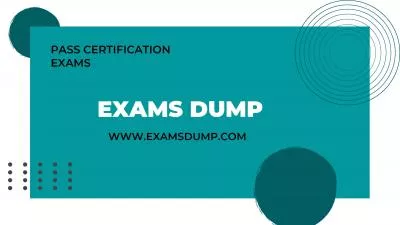PDF-INCLUSIVE BANKING
Author : ida | Published Date : 2021-07-01
Givo the result of the 2019 Odyssey Hackathon Challenge Niels Faber Between the 11th and 15th of April the third episode of worlds largest Blockchain hackathon has
Presentation Embed Code
Download Presentation
Download Presentation The PPT/PDF document "INCLUSIVE BANKING" is the property of its rightful owner. Permission is granted to download and print the materials on this website for personal, non-commercial use only, and to display it on your personal computer provided you do not modify the materials and that you retain all copyright notices contained in the materials. By downloading content from our website, you accept the terms of this agreement.
INCLUSIVE BANKING: Transcript
Download Rules Of Document
"INCLUSIVE BANKING"The content belongs to its owner. You may download and print it for personal use, without modification, and keep all copyright notices. By downloading, you agree to these terms.
Related Documents














